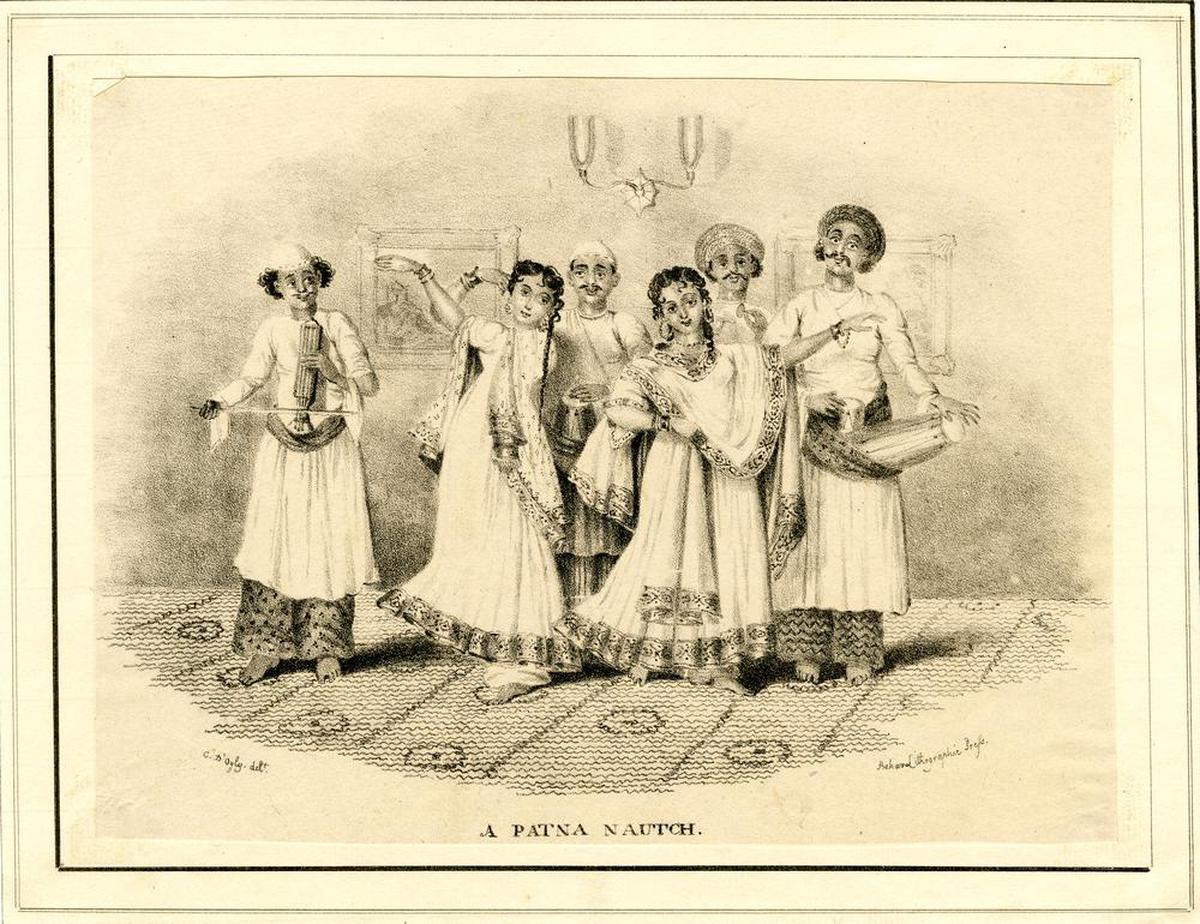
How Zohra Bai became the unravelled queen of thumri
The Hindu
Zohra Bai was not just a singer with an exceptional voice but also a composer of Urdu poetry
In a ruined tomb within the precincts of Rauza Masjid at Maharaj Ganj in Patna rests the queen of thumri, Zohra Bai. Born in Azeemabad (Patna) in the mid 1860s or 1870s, Zohra arrived with her mother in the court of Maharaja Sir Lakshmeshwar Singh of Darbhanga in 1885, when she was still a young girl.
A patron of Hindustani music, Sir Lakshmeshwar Singh had turned Darbhanga into a hub of music after the revolt of 1857. Learning from the masters in the maharaja’s court, Zohra excelled in singing, and soon became the unrivalled queen of thumri. Often called Ragini Devi for her majestic voice, she came to be known as Tawaef Zohra Bai Patnewali after settling down in Patna. Tawaef Zohra Bai Patnewali.
At a time when Bi Zamurrad, Mohammadi Jan, Allah Jilai Bai and Jaddan Bai (mother of Bollywood actor Nargis Dutt) were counted among the rising stars, Zohra distinguished herself with her ragged style of singing. She also wrote Urdu poetry and was a disciple of the Sufi mystic and poet, Shah Akbar Danapuri.
Zohra used to compose her own ghazals and perform them at the mehfils in her mansion in Patna. Most of her poetry has fallen through the cracks but a few couplets find mention in Haqeeqat Bhi Kahaani Bhi, the autobiography of Syed Badruddin Ahmad, a poet and writer associated with the Bihar Muslim League. Published by Bihar Urdu Academy in 1988, his memoir serves as an important guide to piece Patna in the late 19th and 20th century. Two of Zohra’s couplets go:
pee ke ham tum jo chale jhoomte maykhaane se jhuk ke kuch baat kahi sheeshe ne paymaane se (Drunk, as we walked out of the alehouse,/ The decanter bowed and said something to the glass of wine.)
hamne dekhi hain kisi shokh ki maygun aankhein milti julti hain chlatkte hue paymaane se (We have seen the mischievous wine-coloured eyes./ They are the same as an overflowing glass of wine.)
A devotee of Imam Hussain, she wrote several elegies (nauhe) for him, of which only a couplet remains:





















 Run 3 Space | Play Space Running Game
Run 3 Space | Play Space Running Game Traffic Jam 3D | Online Racing Game
Traffic Jam 3D | Online Racing Game Duck Hunt | Play Old Classic Game
Duck Hunt | Play Old Classic Game











